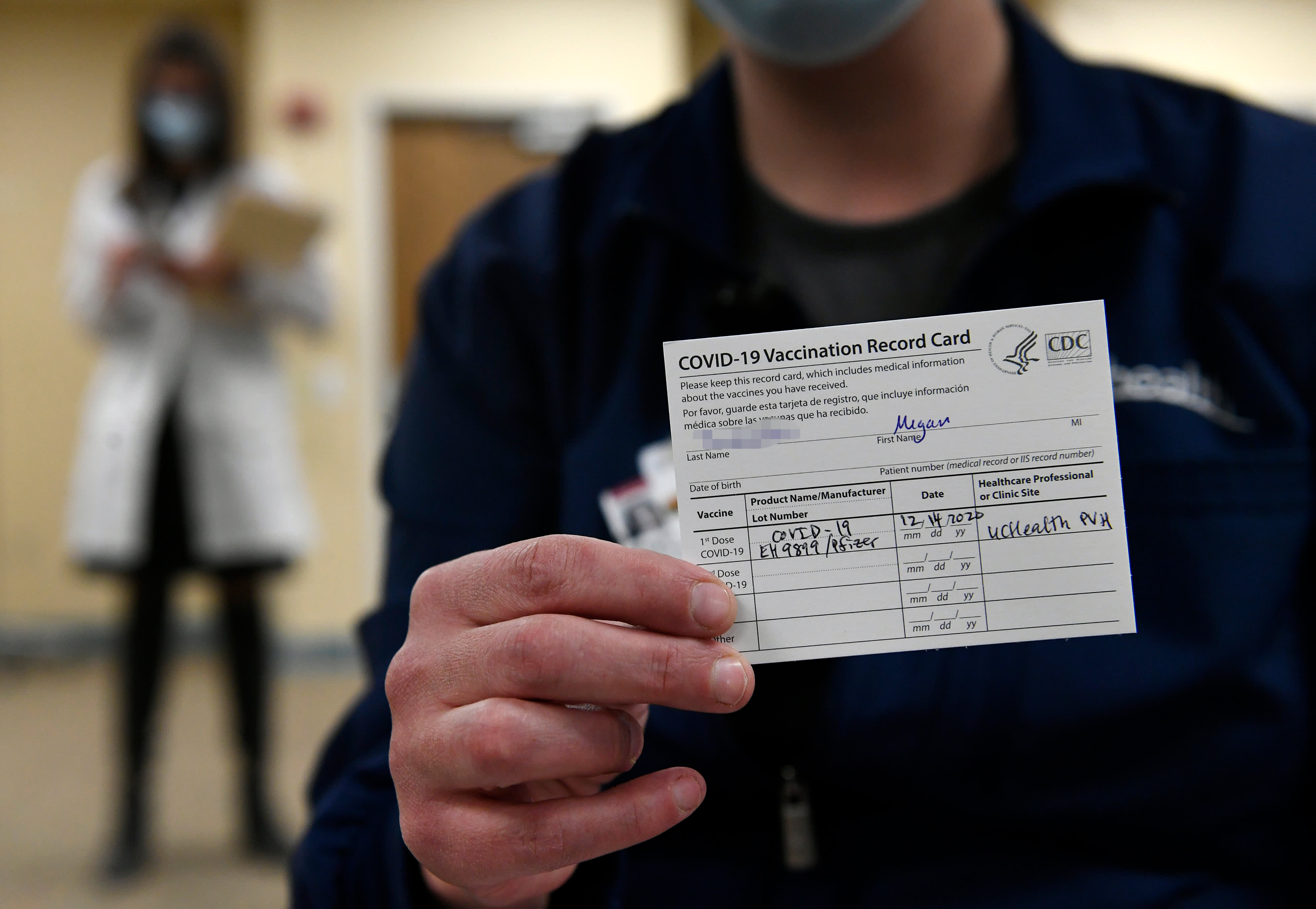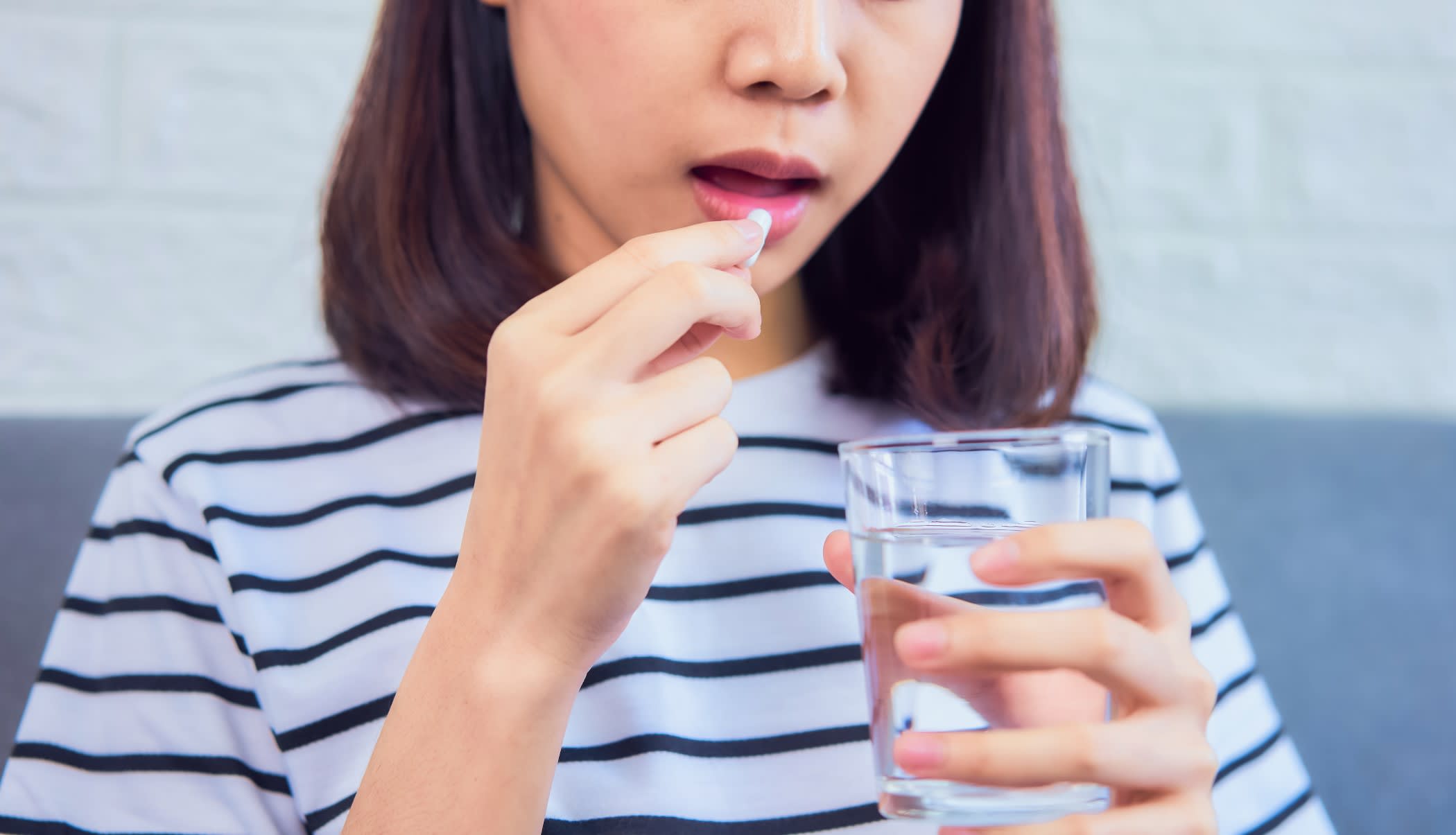It's a joyous moment: You've finally received the COVID-19 vaccine. You might want to share the good news on social media, but not so fast, experts say.
That Instagram post showing off your vaccination card could put your personal information in the hands of scammers.
"Posting photos of your card can help provide scammers with information they can use to create and sell phony ones," the Better Business Bureau warned earlier this year.
Get Tri-state area news delivered to your inbox. Sign up for NBC New York's News Headlines newsletter.
We talked to Jake Milstein, a cybersecurity expert and CMO at CI Security, about vaccination card scams and how people can protect themselves.
This interview has been condensed and lightly edited for clarity.
What is a Covid-19 vaccine card?
A vaccination card is what people are getting when they get their first dose of the vaccine. After they receive their second dose, they get a stamp on it. The original reason the vaccine card started was to remind people to get their second dose. It's now grown into this badge of honor.
Why are vaccine cards important?
Vaccine cards are important because they remind you of your next appointment but also because they contain your medical information.
"If you have a vaccine card, one of the things that people do (because they're a badge of honor) is they share them online. And that's a really, really, really bad idea," Milstein said. "It's a bad idea because there's a lot of personal medical information on that card and it's important not to share it."
What information is on a vaccination card?
A vaccination card includes the patient's name, date of birth and shows when and where the person was vaccinated. Currently, these cards are the only proof anyone has that they're vaccinated.
"At some point those cards might be able to get you something, get you somewhere, like into a restaurant or on a plane. We don't really know yet," Milstein said. "People have talked about a vaccine passport and maybe that card becomes your passport and you don't want the bad guys to 1) have access to any card and 2) especially not yours."
What can criminals do with your vaccine card?
If someone has your health care information, there are a lot of things they can do with it. "This is why on the black market and on the dark web, health care records sell for more than identity records," according to Milstein.
Criminals sell the different elements of the health care records individually.
"It is as if the criminal is breaking into a place where they can steal four things instead of one," he said.
How can people share the good news that they've been vaccinated on social media?
Think about why you want to share the news and who you want to share it with. Think about the platform you're sharing the news on and double check your privacy settings.
If they'll let you, take a picture of the needle in your arm or share a picture of yourself outside a vaccination center instead. Avoid giving away the name of the hospital you go to.
"Treat it like voting. Don't take a picture of your ballot. Instead, some vaccination centers are now giving out stickers that say 'I got vaccinated.' Share that," Milstein suggested.



